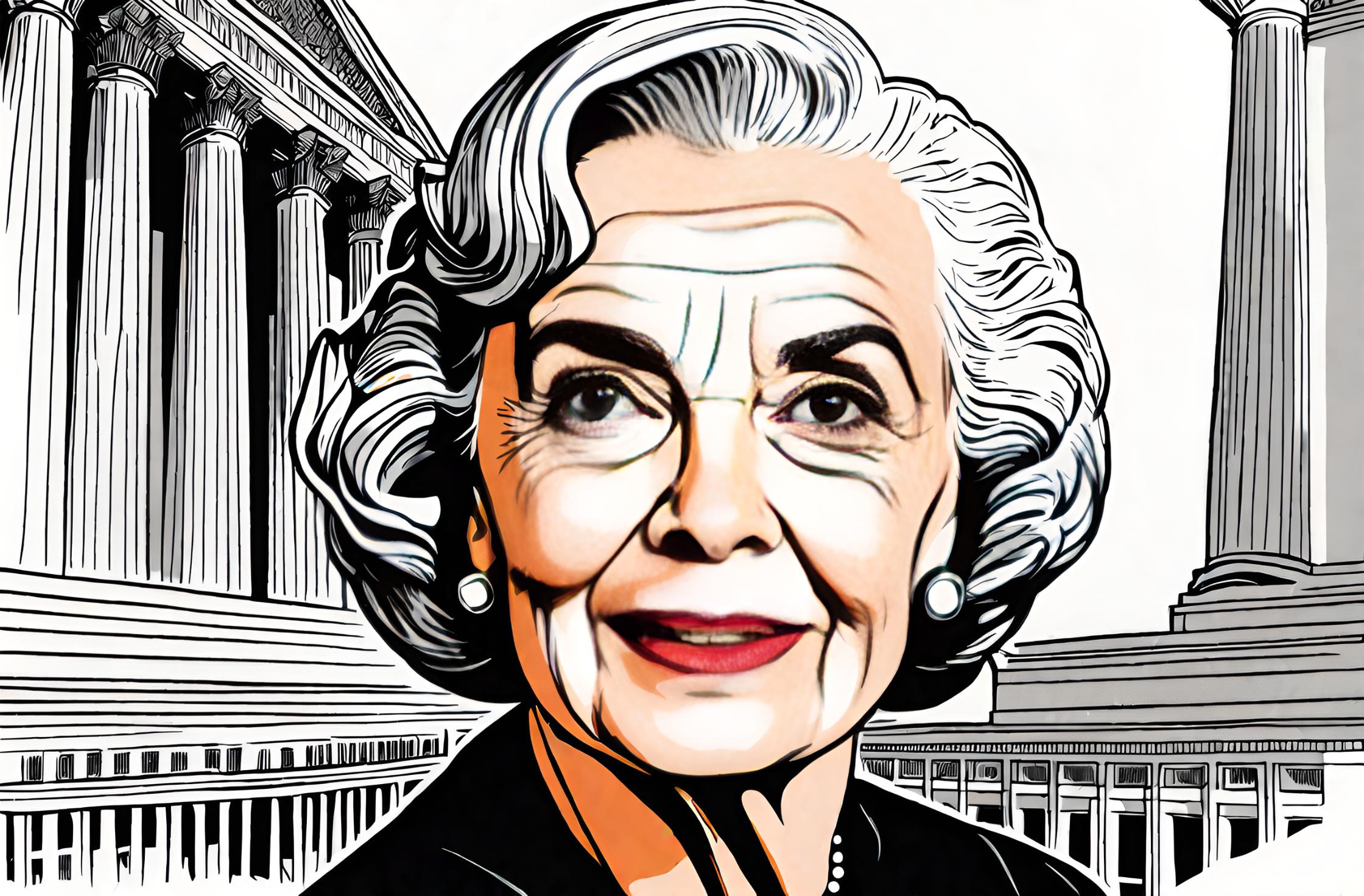Flashback to July 8
American History

1987
President Ronald Reagan appoints Larry Kramer, co-founder of Gay Men’s Health Crisis, to a federal panel on AIDS.
Read moreOn July 20, 1987, President Ronald Reagan made a historic move by appointing Larry Kramer, co-founder of the Gay Men’s Health Crisis (GMHC), to a federal panel on AIDS. This appointment marked a significant turning point in the fight against HIV/AIDS and demonstrated a shifting perspective on the government’s response to the epidemic. Larry Kramer’s appointment not only symbolized recognition of the gay community’s role in addressing the crisis but also highlighted the importance of public health advocacy in combating the disease.
The 1980s witnessed the alarming rise of the HIV/AIDS epidemic, which had a devastating impact on various communities, especially the LGBTQ+ community. During the early years of the epidemic, the Reagan administration faced criticism for its slow response and lack of funding allocation for research and prevention efforts. The appointment of Larry Kramer, an outspoken activist who had been critical of the government’s handling of the crisis, demonstrated a significant step forward in acknowledging the urgency of the situation.
Kramer’s involvement in AIDS activism began with the establishment of the GMHC, a non-profit organization dedicated to providing support and services for people living with HIV/AIDS. Through GMHC, Kramer tirelessly advocated for increased government attention and funding for AIDS research and treatment. His appointment to the federal panel served as validation of his efforts and provided an opportunity to influence policy decisions from within.
One of the key achievements of Larry Kramer’s tenure on the federal panel was his instrumental role in shaping the National AIDS Strategy. He pushed for more funding for medical research, prevention efforts, and comprehensive public education campaigns to combat the spread of the disease. Kramer’s voice, representing the views and needs of the LGBTQ+ community, contributed to a more inclusive and effective approach to addressing the epidemic.
Beyond his immediate impact on policy decisions, Kramer’s appointment also had a profound symbolic significance. It sent a powerful message to the LGBTQ+ community that their voices were being heard and that their experiences and expertise were valued. This appointment challenged the prevailing stigma and prejudice surrounding HIV/AIDS and paved the way for increased understanding and acceptance.
The appointment of Larry Kramer to the federal panel also marked a shift in public perception regarding the government’s responsibility in addressing public health crises. It highlighted the role of activism and community organizations in holding the government accountable and influencing policy decisions. Kramer’s appointment was a recognition that the government needed to work in collaboration with affected communities to effectively combat HIV/AIDS.
While the fight against HIV/AIDS is far from over, the appointment of Larry Kramer to the federal panel on AIDS in 1987 served as a crucial moment of progress. It emphasized the significance of inclusive representation, public health advocacy, and government accountability. Kramer’s legacy as an activist and advocate continues to inspire individuals and organizations working towards a world free from HIV/AIDS.
President Ronald Reagan’s appointment of Larry Kramer to a federal panel on AIDS on July 20, 1987, marked a notable milestone in the government’s response to the HIV/AIDS epidemic. It showcased a recognition of the LGBTQ+ community’s role in addressing the crisis and signaled a shift towards a more inclusive and collaborative approach to public health. Larry Kramer’s appointment highlights the importance of activism, community involvement, and effective policy-making in the fight against HIV/AIDS.
We strive for accuracy. If you see something that doesn't look right, click here to contact us!
Sponsored Content

US Senate confirms Sandra…
On July 8, 1981,…

The first confirmed tornado…
On 7/8/1680, the first…

Harbor Hospital formally opens.
On July 8, 1897,…

William Jennings Bryan “cross…
On July 8, 1896,…

Mayo Clinic researchers warn…
Mayo Clinic researchers issue…

US State Department issues…
On July 8, 1796,…

